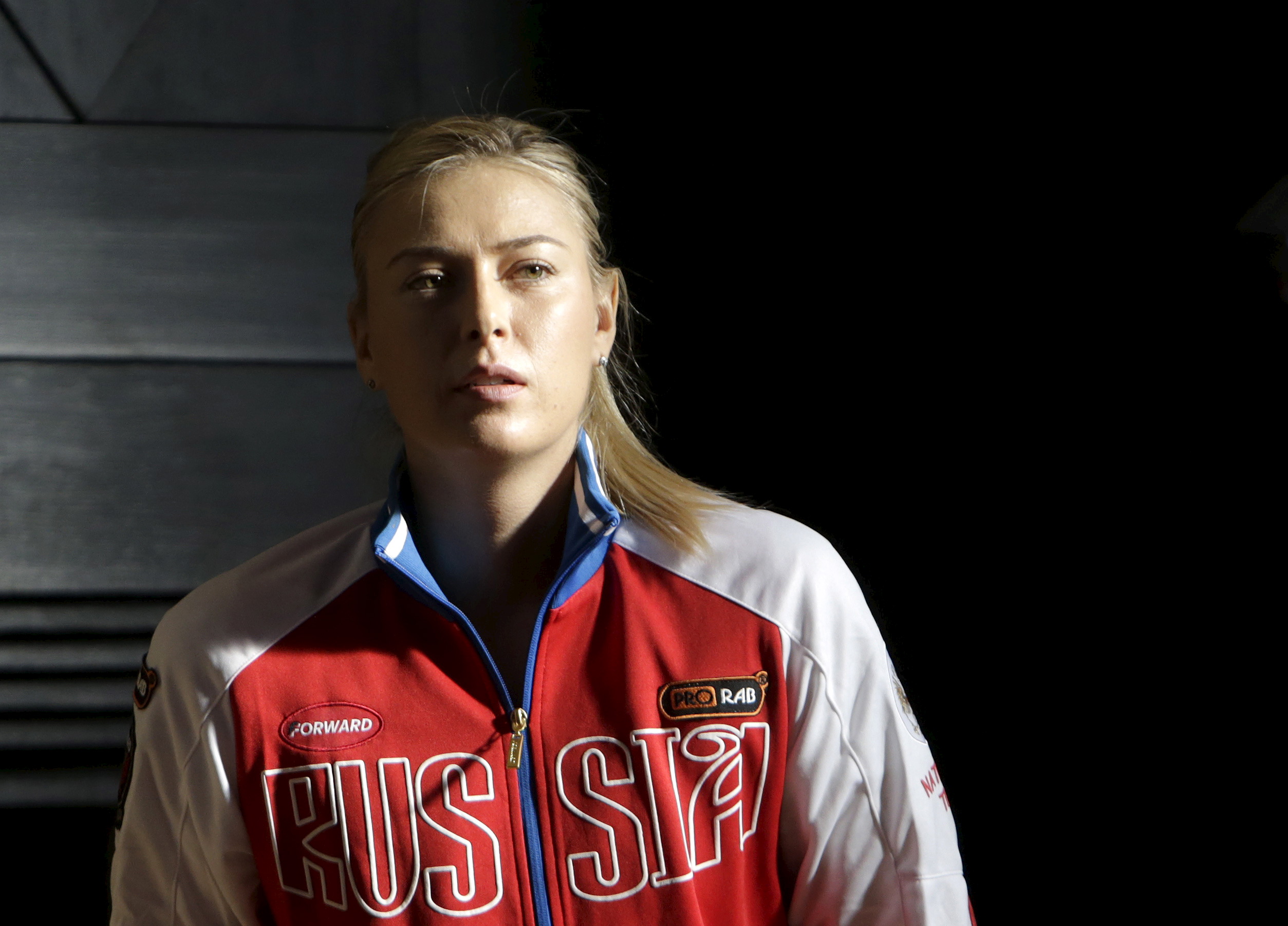
Maria Sharapova.
ReutersIn a statement admitting a positive test for doping during the Australian Open, Maria Sharapova mentioned the drug mildronate, the main active substance in meldonium. This substance was included on the World Anti-Doping Agency’s (WADA) list of banned drugs for athletes as of January 1, 2016. The Russian tennis player had been taking this substance for the last 10 years.
At almost the same time another Russian athlete tested positive for meldonium. This substance was found in the system of figure skater Ekaterina Bobrova on Monday, March 7 who now, together with her partner Dmitri Soloviev, will miss the world skating championships to be held from March 28-April 3 in Boston in the U.S. Additionally, in February 2016 Russian cyclist Eduard Vorganov, was caught taking meldonium while competing on the Katyusha cycling team.
Vitaly Mutko, the Russian Minister of Sport, Tourism and Youth Policy was quick to call meldonium a “useless” drug that does “not give anything to athletes.”
The WADA has placed this substance into the S4 category regulating hormones and modulators of metabolism. The maximum suspension for its use is four years.
Meldonium, the current scourge of Russian athletes, was first developed in the mid-1970s at the Institute of Organic Synthesis of the Academy of Sciences in the Latvian Soviet Socialist Republic, then part of the USSR (today Latvia). Its initial use was as a medication beginning in 1984. From that time on, it had practically become mandatory for all professional athletes in the Soviet Union.
Meldonium was originally conceived as a drug for the treatment of cardiovascular diseases. Its main effect was associated with slowing down the expansion zone of dead cells after the suffering of myocardial damage. It also improves blood flow in the ischemic cerebral cortex and reduces the frequency of angina attacks.
However, it became popular among athletes for a different reason. Among other benefits, meldonium also increases intracellular metabolism and helps the body achieve increased endurance to high physical stress during exercise and to high neuropsychological stress during competitions. This is the reason that the WADA had decided to include meldonium as a doping drug.
 Tablets and vials of meldonium, also known as mildronate.
Tablets and vials of meldonium, also known as mildronate.
However, most doctors today say that meldonium’s effectiveness is questionable.
“We have used it often, especially in cyclic sports, and sometimes in team sports,” says Eduard Bezuglov, doctor of the Russian national football team. “However, its effectiveness is difficult to assess, as it’s rarely used in isolation. In my practice I have never used it, because I believe that it does not provide any benefits. Its theoretical effect is easily achievable through normal sleep and good nutrition.”
In the 1990s, meldonium became popular among Russian athletes due to its low cost. At that time it was practically the only drug that athletes could afford, given the poor overall economic situation in the country.
“We used it during the most difficult microcycles,” Russian swimmer Galina Shipovalova told championat.com during an interview. “I felt its effects. It really became easier to bear the stress and increased stamina.”
Sharapova said that she had not stopped taking the banned drug due to negligence after failing to read a letter she had received with an updated list of anti-doping rules. Specialists find this excuse hard to believe. Mikhail Vartapetov, head of the medical department for the Spartak Moscow Football Club advises that athletes should take a more responsible attitude when it comes to information coming from the WADA.
“Why did our team, already in fall, know that mildronate was being banned?” Vartapetov wrote on his Twitter page. “What, are we the smartest people around? No, we just monitor news coming from the WADA.”
A rather tough assessment of this situation was also provided by Yevgeny Kafelnikov, the former world No. 1 in tennis and now a vice president of the Russian Tennis Federation.
“This is a blow only for Sharapova,” says Kafelnikov on the website R-Sport. “This is the stigma of a person that through the use of additional drugs wanted to overtake her opponents. She made this step consciously, so now let her suffer the consequences.”
All rights reserved by Rossiyskaya Gazeta.
Subscribe
to our newsletter!
Get the week's best stories straight to your inbox